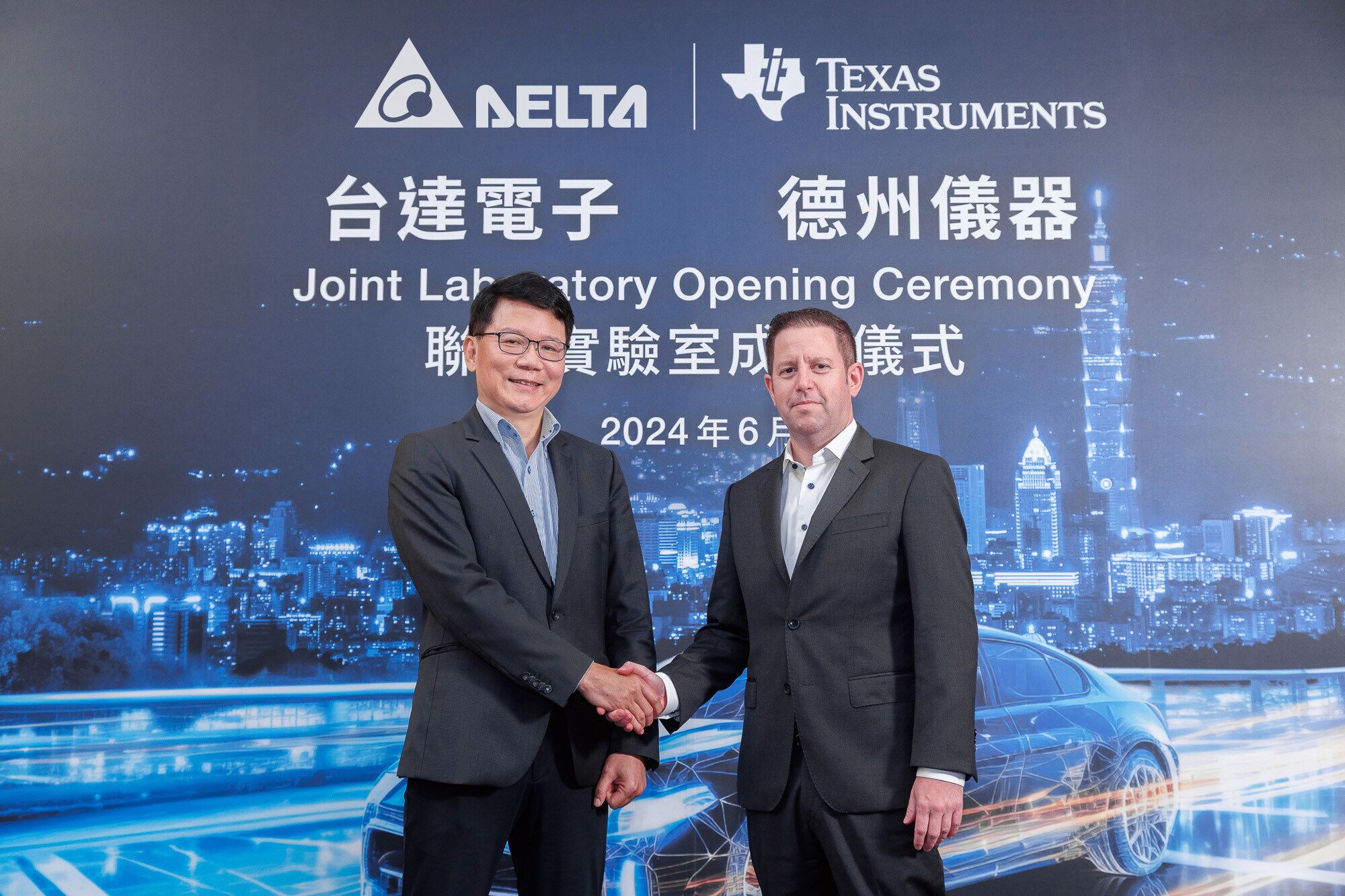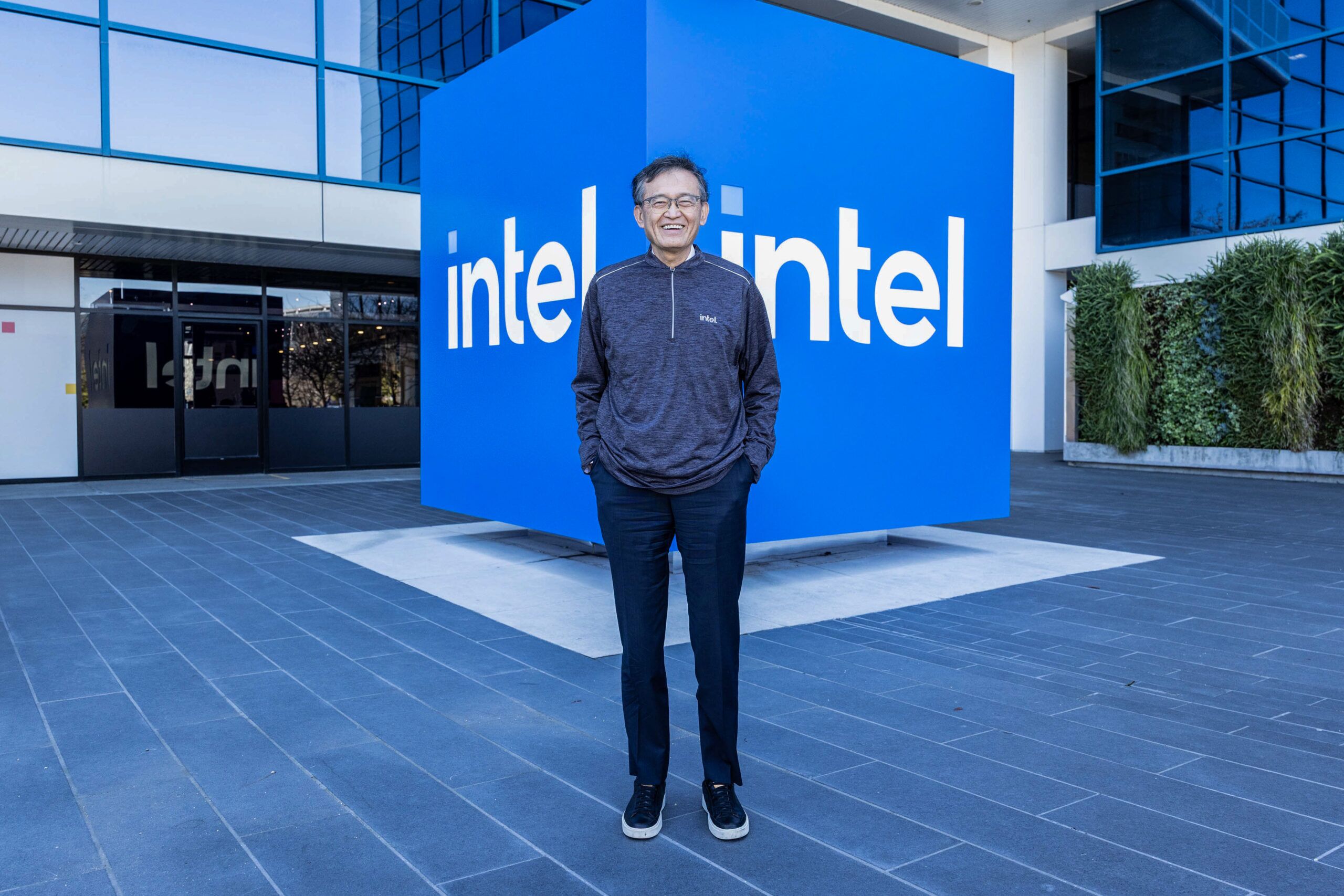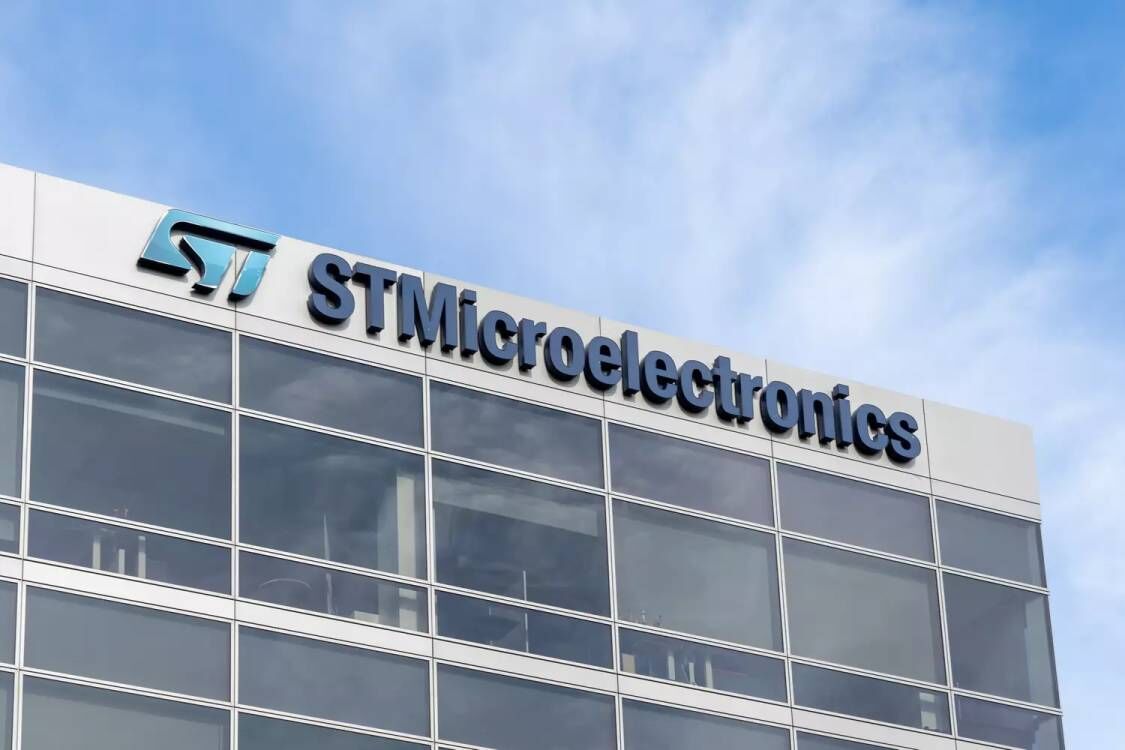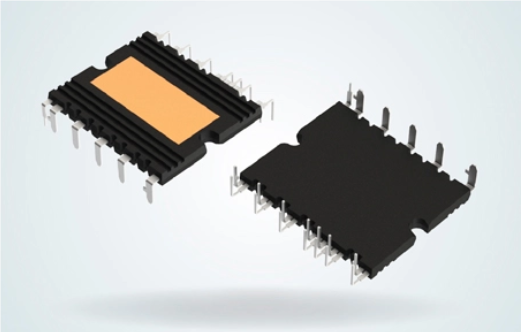June 26, 2024 /SemiMedia/ -- Texas Instruments recently announced a long-term collaboration with Delta Electronics, a global power and energy management manufacturer, to create next-generation electric vehicle (EV) onboard charging and power solutions. This work will leverage both companies' research and development capabilities in power management and power delivery in a joint innovation laboratory in Pingzhen, Taiwan. Together, TI and Delta aim to optimize power density, performance and size to accelerate the realization of safer, faster-charging and more affordable EVs.
"The transition to electric vehicles is key to helping achieve a more sustainable future, and through years of collaboration with Delta Electronics, we have a solid foundation to build upon," said Amichai Ron, senior vice president for Embedded Processing at TI. "Together with Delta, we will use TI semiconductors to develop EV power systems like onboard chargers and DC/DC converters that are smaller, more efficient and more reliable, increasing vehicle driving range and encouraging more widespread adoption of electric vehicles."
Texas Instruments (TI) (Nasdaq: TXN) today announced a long-term collaboration with Delta Electronics, a global power and energy management manufacturer, to create next-generation electric vehicle (EV) onboard charging and power solutions. This work will leverage both companies' research and development capabilities in power management and power delivery in a joint innovation laboratory in Pingzhen, Taiwan. Together, TI and Delta aim to optimize power density, performance and size to accelerate the realization of safer, faster-charging and more affordable EVs.
"The transition to electric vehicles is key to helping achieve a more sustainable future, and through years of collaboration with Delta Electronics, we have a solid foundation to build upon," said Amichai Ron, senior vice president for Embedded Processing at TI. "Together with Delta, we will use TI semiconductors to develop EV power systems like onboard chargers and DC/DC converters that are smaller, more efficient and more reliable, increasing vehicle driving range and encouraging more widespread adoption of electric vehicles."
Three phases of development for next-generation automotive power solutions
- Phase one for the collaboration focuses on Delta's development of a lighter-weight, cost-effective 11kW onboard charger, using TI's latest C2000™ real-time microcontrollers (MCUs) and TI's proprietary active electromagnetic interference (EMI) filter products. The companies are working together using TI's products to reduce the charger's size by 30% while achieving up to 95% power conversion efficiency.
- In phase two, TI and Delta will leverage the latest C2000 real-time MCUs for automotive applications to enable automakers to achieve automotive safety integrity levels (ASILs) up to ASIL D, which represents the strictest automotive safety requirements. Highly integrated automotive isolated gate drivers will further enhance the power density of onboard chargers, while also minimizing overall solution size.
- In phase three, the two companies will collaborate to develop the next generation of automotive power solutions, capitalizing on TI's more than 10 years of experience in developing and manufacturing products with gallium nitride (GaN) technology.
"The rapid growth of electronics in automotive applications has enabled more feature-rich, efficient and safer vehicles. However, technical challenges remain," said Luke Lee, president of Taiwan, Japan, Korea and South Asia, Texas Instruments. "Having been in Taiwan for 55 years, coupled with decades of experience in automotive power management, TI has built a strong connection with the local automotive industry. Establishing this collaboration and joint innovation laboratory with Delta is just one more way TI is driving vehicle electrification forward."












All Comments (0)